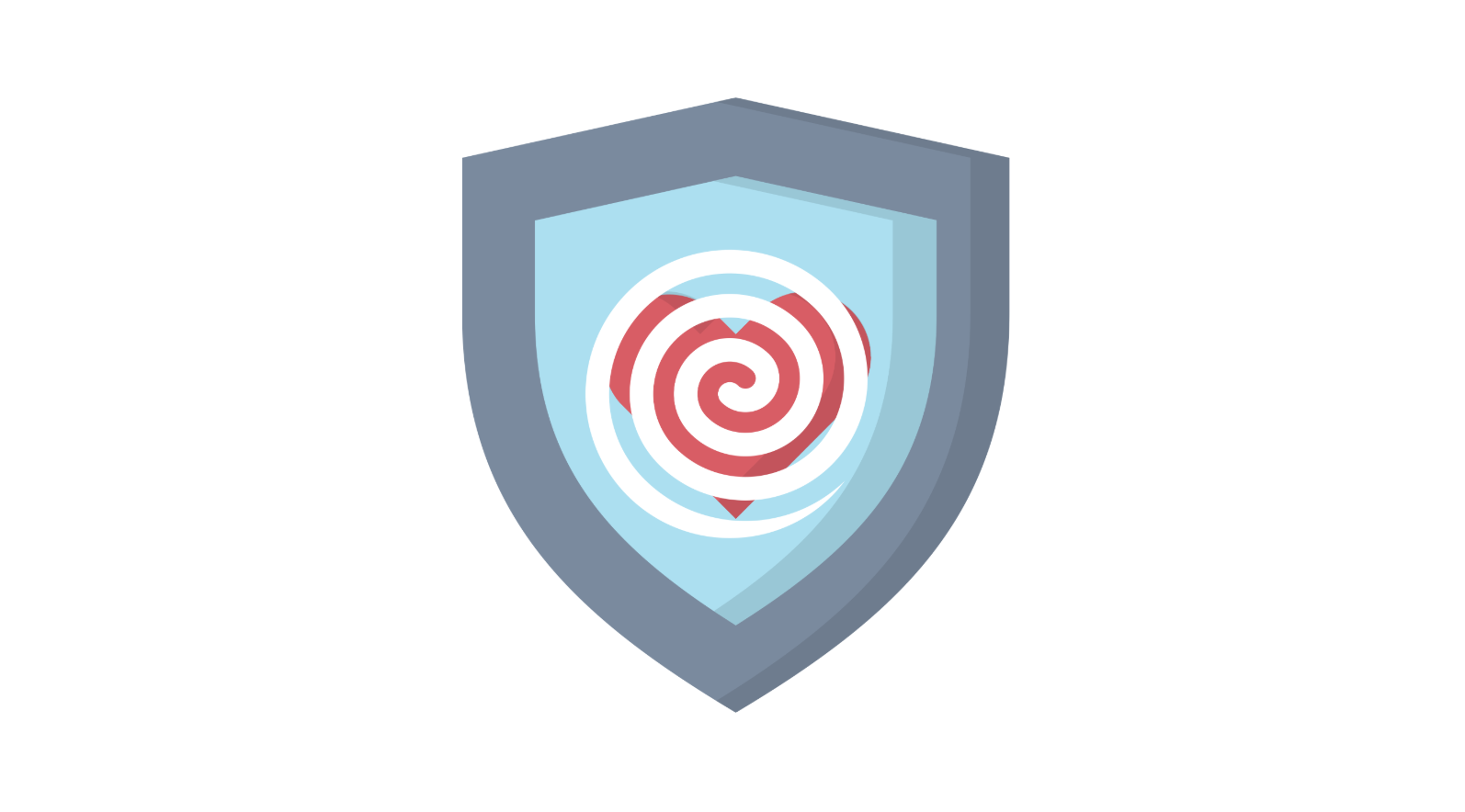Is Hypnosis Safe? Here’s the Real Science Behind the Practice
by Alexandra Janelli
Hypnosis has been used for centuries—and misunderstood for just as long.
Despite what pop culture has portrayed, hypnosis isn’t mind control, it’s not dangerous, and you definitely can’t get “stuck” in it. In fact, modern science shows that hypnosis is not only safe—it’s incredibly effective for lasting behavioral change, stress relief, and mental wellness.
So let’s set the record straight.
What Is Hypnosis, Really?
Hypnosis is a natural, relaxed state of focused awareness where the subconscious mind becomes more receptive to suggestion. You’re not asleep, and you’re never out of control. You’re simply in a different state of consciousness—like the gentle float between being awake and asleep.
This state makes it easier to bypass the critical, overthinking mind and speak directly to the part of you that runs habits, emotional responses, and deeply held beliefs.
Is Hypnosis Safe? 100% Yes.
Here’s why:
You remain in control. You can stop at any time. You won’t reveal secrets or do anything against your will.
It’s drug-free and non-invasive. Unlike many mental health treatments, hypnosis doesn’t involve chemicals or physical interventions.
It’s naturally occurring. You already go into hypnotic states during your day—like when you zone out in the shower or drive home on autopilot.
What Science Says About Hypnosis
The use of hypnosis in clinical settings has been extensively studied. Research from institutions like Harvard, Stanford, and the Mayo Clinic show that hypnosis:
Reduces chronic pain
Lowers anxiety and stress
Supports behavioral change (smoking, overeating, etc.)
Improves sleep and focus
Enhances emotional regulation
Brain imaging studies reveal that during hypnosis, areas of the brain related to decision-making, self-reflection, and body awareness become more active. This helps explain why suggestions made during hypnosis can create long-lasting change.
Why People Think It’s “Scary”
Blame Hollywood. Stage hypnosis, where people bark like dogs or forget their names, has created major misconceptions.
In reality, those on stage are willing participants in a performance. Clinical or self-guided hypnosis (like burble offers) is rooted in autonomy, consent, and therapeutic intention.
You are always in charge of your experience.
Who Shouldn’t Use Hypnosis?
Hypnosis is safe for most people. However, individuals with severe psychiatric conditions like schizophrenia, dissociative identity disorder, or psychosis should consult a medical professional before beginning hypnotherapy.
For the vast majority of people, hypnosis is not only safe—it’s one of the most empowering tools for change.
How burble Makes Hypnosis Safe and Accessible
burble uses evidence-based language, neuroscience-backed techniques, and soothing guided visuals to ease you into the hypnotic state. Our sessions are built to support—not override—your natural responses.
You’re never forced to think or feel anything. Instead, we help your subconscious become more open to what you want—whether that’s releasing anxiety, setting boundaries, building motivation, or healing old wounds.
Think of it like a workout for your mind—except instead of pushing, you relax into the transformation.
Final Thought
Hypnosis isn’t something to fear—it’s something to embrace.
Your mind already holds the power to change—you just need a safe, supported way to access it. That’s what hypnosis provides.
And with tools like burble, you can do it anytime, anywhere—no stage, no stigma, no fear.

